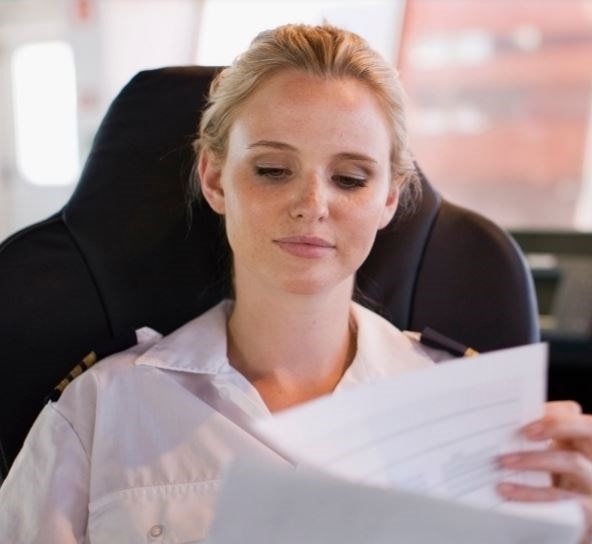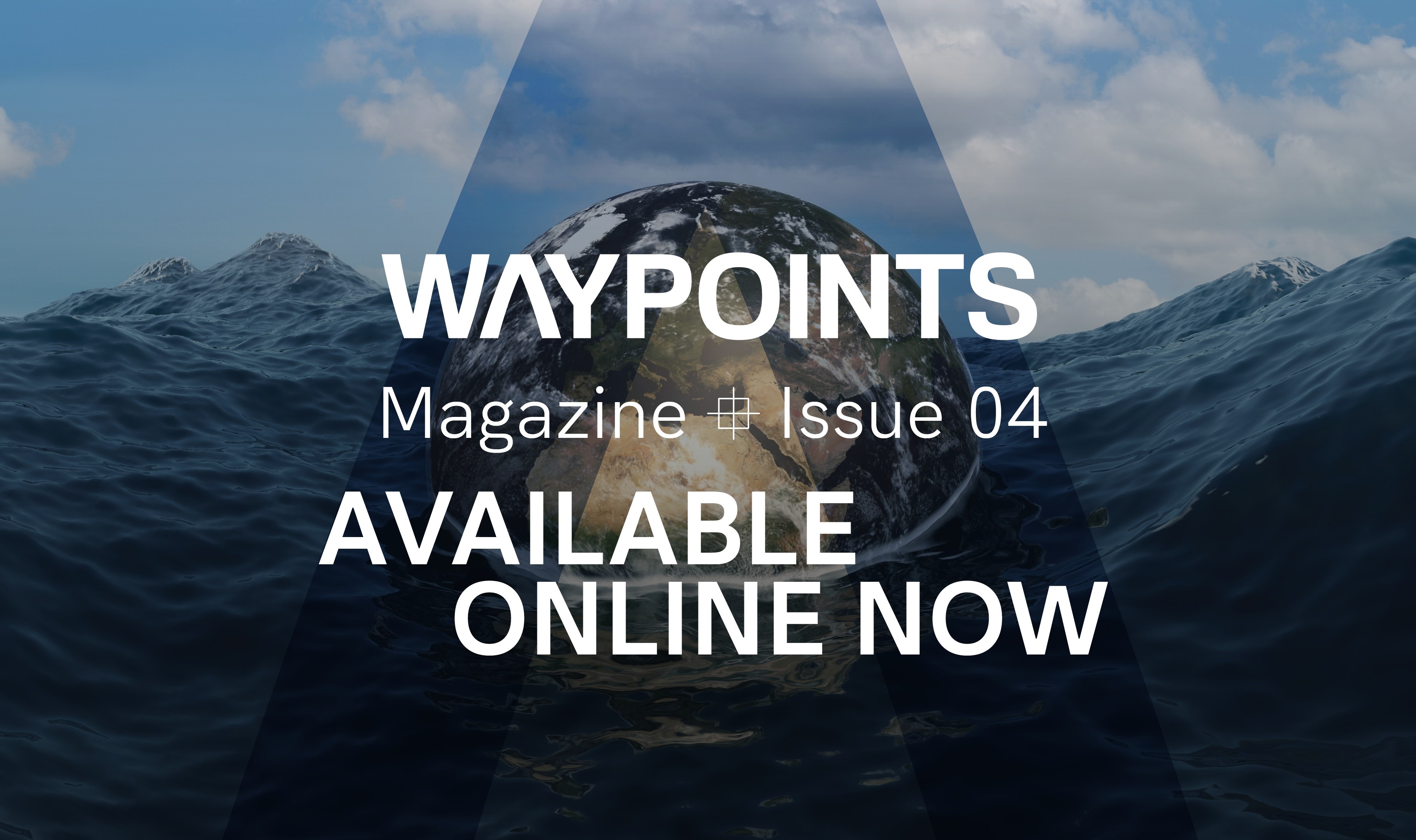Resetting the Balance - Waypoints Issue 04
There has been steady improvement in the gender imbalance of a still male-dominated shipping industry, but now is no time for complacency writes Women’s International Shipping & Trading Association (WISTA) President Elpi Petraki.
(President, WISTA International)
Organisations across a wide variety of industries are finding that actively working to create more balanced gender diversity across an organisation is one of the most effective ways to get straight to the heart of its ESG (environmental, social and governance) concerns. ESG is thankfully now considered much more than a management buzzword, and of the social elements that form the S in ESG, gender diversity is a significant area of improvement and opportunity.
The first point I always make about
gender in the shipping and wider
maritime industries is that improving
female take-up of roles, especially
senior roles, is not about being ‘fairer’ or
more balanced for the sake of it. Studies
conducted all over the world covering a
multitude of industries have proved time
and again that organisations with a more
even balance of genders across all levels
and roles perform more efficiently, are
more innovative and profitable.
For example, the international management consultancy McKinsey reported in 2019 that:
‘The magnitude of investment flow suggests that ESG is much more than a fad or a feel-good exercise. The overwhelming weight of accumulated research finds that companies that pay attention to ESG concerns do not experience a drag on value creation—in fact, quite the opposite. A strong ESG proposition correlates with higher equity returns, from both a tilt and momentum perspective. Better performance in ESG also corresponds with a reduction in downside risk, as evidenced, among other ways, by lower loan and credit default swap spreads and higher credit ratings.’

To know where you need to go tomorrow though, you must first know where you are today, and an important part of my role as WISTA International’s new President will be to benchmark our progress towards full gender inclusivity in maritime. With this in mind, last year WISTA International partnered with the IMO (International Maritime Organisation) to produce the first Women in Maritime survey.
The results from the survey, which were released during the IMO’s first International Day for Women in Maritime, revealed that women account for only 29% of the overall workforce in the general industry and 20% of the workforce of national maritime authorities in Member States.
The report also highlighted great variation among individual sub-sectors. According to data gathered from Member States, search and rescue teams in national maritime authorities account for significantly fewer women staff (just 10%) as compared to female diplomats (33%) and training staff (30%). Industry data shows that women seafarers make up just 2% of the crewing workforce and are predominately found in the cruise sector, while in shipowning companies they made up 34% of the workforce.

West’s long-established relationship with WISTA involves West’s female staff being encouraged to be members of their respective NWAs, and there are very active clusters of West-employed WISTA members in the Greek, Hong Kong and UK West offices. Both West and WISTA are strong on relationship-building, and with this in mind West has also supported WISTA events as a headline sponsor and is a WISTA UK corporate member.
I’ve been working in an official capacity to
improve the female take-up of roles in the
maritime industry for over a decade, but
it surprises me that, in the light of these
growing ESG considerations, only once in
that time has a company approached me for
a recommendation for a senior role that they
would prefer to go to a female applicant.
Only one company proactively seeking to
improve diversity (at senior management
or board level), by approaching a body like
WISTA that can help them do so, is a strong
indicator that this battle is far from won.

Elpi Petraki
(President, WISTA International)
Elpi Petraki, is President of WISTA International, Second Vice President at the Hellenic Shortsea Shipowners Association (HSSA), an Honorary Fellow of the Institute of Chartered Shipbrokers and a member of the board of the Hellenic Maritime Museum. Elpi is also the Operations, Chartering & Business Development Manager for ENEA Management Inc., a Greek shipping company that manages a fleet of small sized, clean and specialised tankers. She is a wellknown personality in shipping, both in Greece and internationally.
